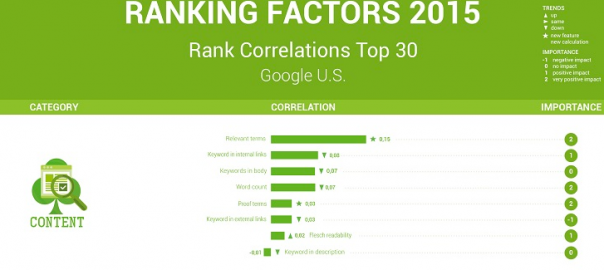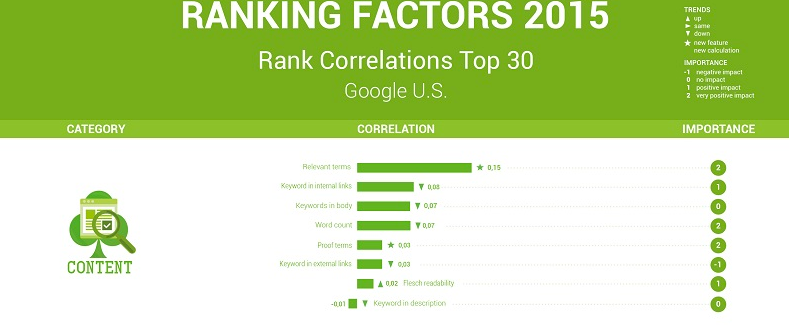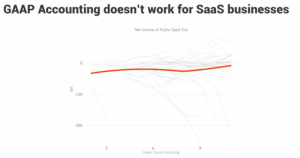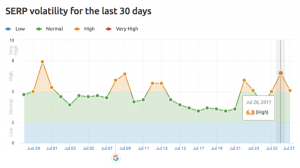Google only loves you when everyone else loves you first.
– Wendy Piersall
Any marketer worth anything at all these days knows all about content marketing. Of course, we’ve been saying “content is king” for years, but with mixed results. As a defined marketing discipline, though, content marketing is making the “king” dream an actual reality.
As we can see from Google Trends, “content marketing” has experienced tremendous growth in popularity and recognition over the past several years.

The content marketing explosion is good news for creatives, writers, visual designers, and others who produce content. But, producing content is only one half of the wonder twins. Content production without promotion is simply a waste of bits and bytes.
Content is king, but marketing is queen, and runs the household.
– Gary Vaynerchuk
The fundamental question remains “how best do I promote my content?” There are many options, including
- Paid search
- Paid media
- Social media
- Syndication
- Organic search (SEO)
While a full blown content marketing strategy requires a focus on many of these tactics, search marketing tactics are the “blocking and tackling” of content promotion.
For as popular as “content marketing” is today, check out how “seo” (search engine optimization) compares …

Whoa! That’s pretty impressive! SEO is a dominant digital marketing tactic that adds tremendous “umph” to your content marketing strategy.
What is SEO anyway?
This post would turn into a book if we discussed the ins and outs of SEO. If you’re having trouble with the concept, just Google “what is seo” and see what comes up. However, as a brief introduction, here’s a great, formal definition of SEO from Search Engine Land:
SEO stands for “search engine optimization.” It is the process of getting traffic from the “free,” “organic,” “editorial” or “natural” search results on search engines.
@DatadialLtd created a great infographic describing the major tactics associated with SEO. They bucket tactics into the following categories:
- Keyword research
- Site architecture and structure
- Page optimization
- Link building
There are more tactics than this, or, tactics organized differently. But, this is a good general bucket and an excellent infographic describing SEO, generally.
How to Rank
The dream for every digital marketer is to rank highly for keywords associated to your content. The massive challenge we face is that Google is HIGHLY secretive about ranking factors. (Repeat: Google is HIGHLY secretive about ranking factors!!! Don’t forget this point!) Luckily, there are a lot of really smart people out there trying to crack that nut.
Take for instance, MOZ. @randfish has built a business around educating the masses on search marketing. From link building to black hat “no no’s”, MOZ is a definitive resource on everything SEO. And, while Google is secretive about their algorithm, Moz and others have found ways to discover correlating factors that result in higher rankings. These factors are not “causal”. Actually, they might be, but, causality cannot be proven directly, only correlation.
The 2015 Search Ranking factors report can be found at Moz’s website. Moz uses Spearman correlations to determine ranking factor causality. They also include a handy survey of leading digital marketing experts, compiling the results from asking them what they think are the top ranking factors:
Moz has a lot of data to sift through. But, you’re in luck. I did that sifting for you and created this handy treemap visual (view the interactive version), showing how the various ranking factors stack up against each other. (Thanks, Tableau Public!)
Some of the items can get extremely technical in nature. But, pay attention to the largest boxes, which represent the factors that have the highest ranking correlations. It’s also beneficial to look at the colors of the boxes, which represents Moz’s groupings of tactics. Go ahead, explore the image or the report on your own.
That’s not all…
If that wasn’t cool enough, check out the Seachmetrics ranking factors report. The Searchmetrics Ranking Factors report is a comprehensive analysis of Google’s complex algorithm. This is my favorite report and I especially like viewing each report comparatively year over year. For instance, check out the ranking factors infographics from 2012 to 2014 …

In this view, it’s not important to see the specific ranking factors. Rather, just take a look at how complex ranking factor analysis has become year over year. Google’s algorithm has become highly complex, making it more difficult for search marketers to find that sweet spot.
This years Searchmetrics report offers an exceptionally smart breakdown of ranking factor categories. Searchmetrics positions specific factors within the following categories:
- Content
- User experience
- Technical
- Backlinks
- Social
Infographics associated with their report offer quick insights, without need to read the full report…
And, of course, don’t forget about mobile. Searchmetrics includes a special report on mobile search rankings. Google’s recent algorithm updates treat mobile user searches slightly different than desktop queries. That algorithm change is now being referred to as “Mobilegeddon”! “Mobilegeddon” was a swift kick in the pants for marketers to “up” their mobile experience.
It’s a wrap
The takeaway here is that content marketing can’t live without organic search. And, organic search is driven by ranking factors. Explore tactics that go beyond optimizing your content for search. Building a robust social media, backlink, technical and mobile SEO strategy is crucial to your success.
(1258)
Report Post












